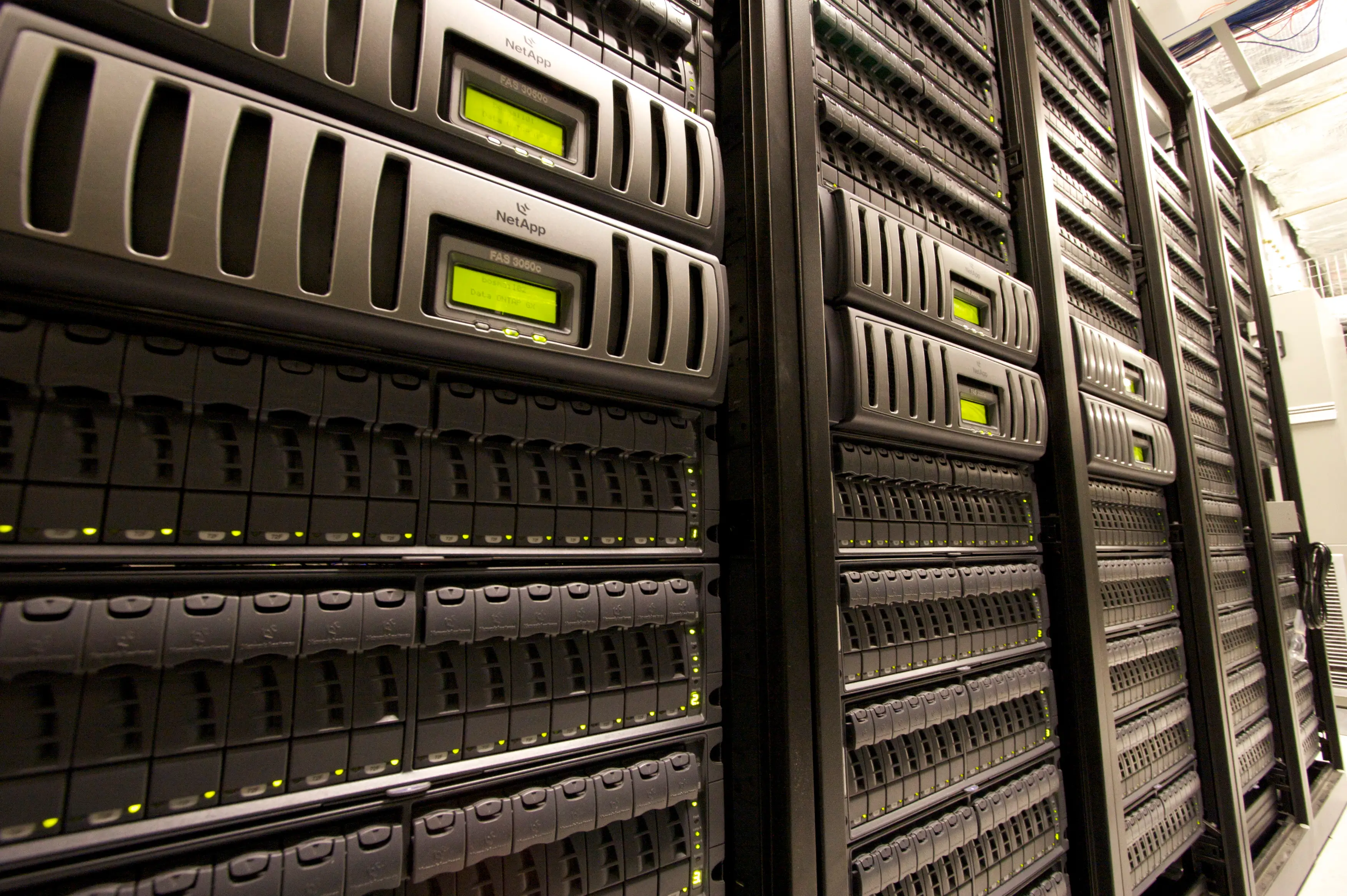The Modern Network Dilemma:
Cloud vs. On-Premise
The choice between cloud and on-premise network solutions is no longer just a technical decision—it's a strategic one. As businesses evolve, so do their demands on infrastructure. Cloud solutions promise agility, while on-premise setups offer control. Understanding where you stand starts with evaluating the true cost of ownership, which has become the primary driver in this critical decision.
- Cloud Solutions: The cloud’s pay-as-you-go model was once seen as a game-changer—ideal for businesses that operate at low capacity most of the year but experience massive spikes in demand during peak times. In these cases, cloud scalability prevents costly overinvestment in hardware. However, as usage scales, so do the costs—especially when relying heavily on microservices. What begins as a cost-effective setup can quickly become unpredictable, with expenses rising year after year.
- On-Premise Solutions: Once viewed as capital-intensive, on-premise (or Private Cloud) infrastructure has become more accessible thanks to the falling cost of hardware and improvements in system longevity. For businesses with consistent or gradually increasing workloads, on-premise networks now offer cost predictability, long-term savings, and complete ownership of assets—without recurring surprise fees.
Choosing between cloud and on-premise isn’t just about technology—it’s about aligning your network strategy with your current and future business models. At NetPros, our cloud architects and network engineers help businesses in Tampa, Clearwater, & St Petersburg make informed, forward-thinking decisions based on usage patterns, budget constraints, and long-term growth goals. Call us at 727-748-4600 or fill out the form below to start a no-cost conversation about your future network.



